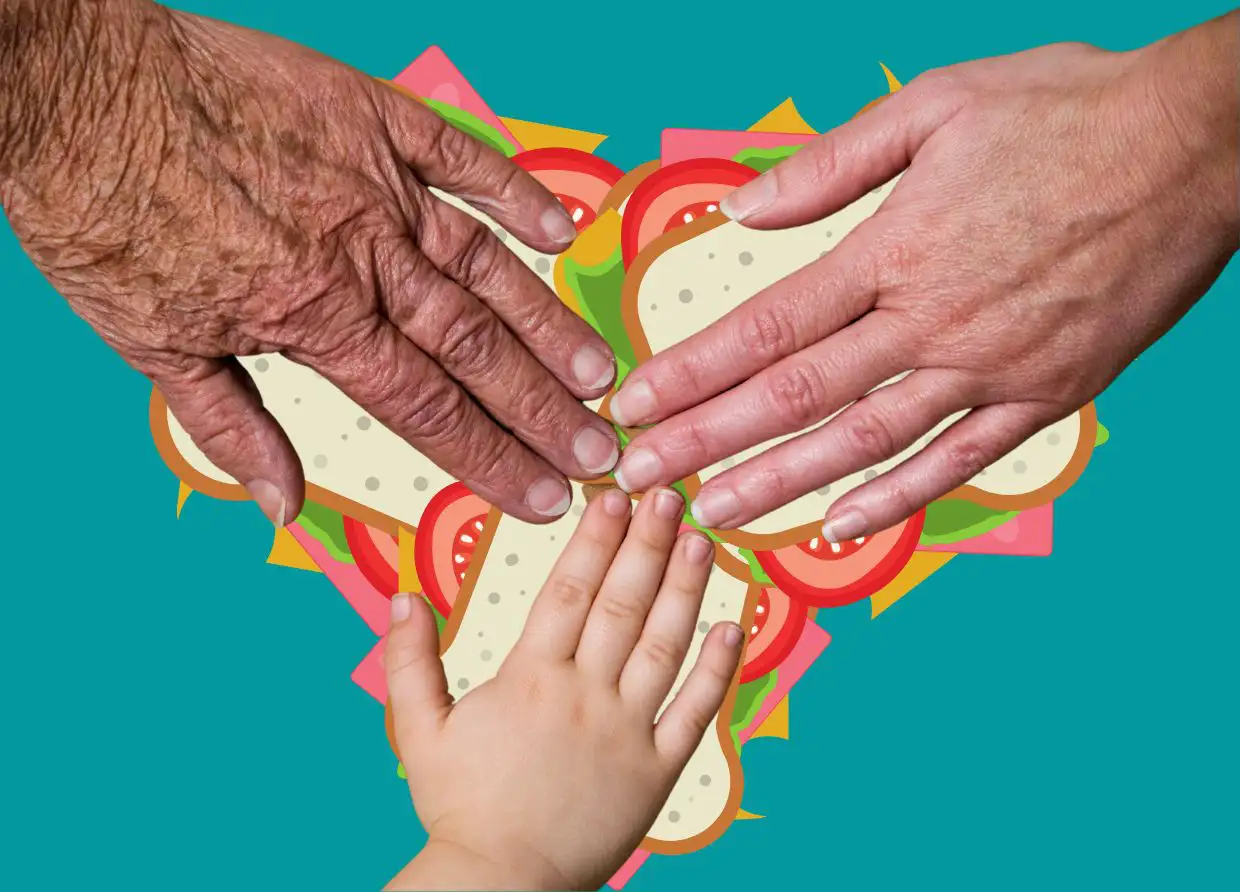POSITIVELY TOXIC: HOW BEING HAPPY CAN ALSO DESTROY YOU
Perhaps life doesn't always need to be full of sunshine — it needs clouds and rain, too.

"Don't worry, be happy" is a famous life motto to urge people to be more positive and not worry about trivial things that can stress you out. It is harmless and supposedly uplifting.
However, being excessively positive and disregarding your negative emotions might not be entirely good, too. When positivity becomes dangerous and hurts you or other people instead, this is what is known as toxic positivity.
Toxic positivity can come off as a fake reassurance, such as saying "everything happens for a reason" after someone loses a family member or "things will work out just fine, no need to worry" after someone loses their job and is on the brink of getting evicted.

Recognize the pattern
Keeping a positive mindset, essentially, is a good thing. Positivity is not all bad — but you need to learn how to know which one is toxic positivity.
"Toxic positivity is positivity given in the wrong way, in the wrong dose, at the wrong time," according to David Kessler, a grief expert and author of six books about grief.
Although it might come from a positive intention, the receiver might not feel the same way. It can come off as dismissing others' feelings and emotions.
Sometimes toxic positive words were said due to the unavailability to respond to serious issues, such as the loss of a loved one. It can also be a result of a lack of understanding of the situation or a lack of willingness to be empathetic.
"Toxic positivity is a way of responding to your own or someone else's suffering that comes across as a lack of empathy. It dismisses emotions instead of affirming them and could come from a place of discomfort," said Tabitha Kirkland, a psychologist and associate teaching professor at the University of Washington's Department of Psychology.
Kirkland also added that toxic positivity harms everyone, even children who are just learning about their emotions. For example, when a mother says "stop crying, everything is fine" or "it's not a big deal, you're a cry baby" to a crying child who fell and scraped their knee, this teaches the child that their negative feelings aren't okay, and it can hinder their emotional development.
Toxic positivity can also affect your relationship with others. If you tend to say, "it's okay, you'll be fine", your friends and colleagues might feel dismissed. If a parent hushes their children when they're expressing negative emotions, they will avoid opening up to their parents because they know their parents will get angry instead.
Natalie Dattilo, a clinical psychologist at Brigham and Women's Hospital in Boston and instructor of psychiatry at Harvard Medical School, said that you need to consider emotions as "a closed circuit". They need to go somewhere, and if not addressed properly, they can return and sometimes worse.

Be positive in the right way
It doesn't always come from someone else — it can also come from yourself who's storing away the pain and telling yourself "you're fine" without actually addressing it.
The first step to avoiding inflicting toxic positivity on yourself is by recognizing all of your emotions, both positive and negative. Think of them as tools that enable you to function — both of these emotions co-exist, and you need them both to live.
Then, stop yourself from inflicting it on others. Sometimes all you have to do is reaffirm others' pain and say along the line of "that is horrible" or "I am so sorry that happened to you". Just like with adults, it is also essential to reaffirm pain and negative emotions with children to ensure them that it is okay to feel that way.
Next, admit your mistakes and apologize. If you dismissed someone else's emotions unintentionally, apologize to them and explain why you said such a thing.
Third, clarify the needs of the speaker. If you are unsure how to respond to someone's negative emotions, you can say, "I am sorry, how can I help you?" — then when you open up to someone about your negative emotions, address your needs in the beginning so they don't misinterpret, such as "I need someone to listen to me" or "could you please give me any advice?"
Kirkland advised not to prioritize more positive emotions over negative ones. "All emotions offer you useful information about how you are doing in the world, and all are equally valid," he concluded.
#THE S MEDIA #Media Milenial #Toxic positivity #Mental health


























